In an astonishing political upset, right-wing populist Javier Milei emerged victorious in Argentina’s presidential runoff election with a historic 55.7% of the vote. As he celebrated his triumph, he attributed his success to an enigmatic figure known as “The boss” – his sister, Karina Milei. This behind-the-scenes powerhouse is just one of the remarkable women who will play pivotal roles in the administration of South America’s second-largest economy.
Argentina has been captivated by the meteoric rise of Milei, a former television commentator turned lawmaker, who lacks a conventional group of political advisers. Instead, he has assembled a trio of influential women set to leave their mark on his presidency.
The Mastermind Behind the Scenes
Karina Milei, a woman of few public words, was entrusted with introducing her brother to the nation on the night of his historic victory. Her efforts were not in vain, as she played a central role in his campaign’s success, managing his daily schedule and overseeing fundraising activities. Javier Milei has gone so far as to refer to her as “the great architect” of his campaign. Beyond her campaign duties, she was instrumental in negotiating an alliance with former President Mauricio Macri’s center-right coalition, which paved the way for Milei’s triumph. While it remains uncertain whether Karina will hold a formal government position, her influence is undeniable, and many believe she will continue to be a key player in her brother’s administration.
The Multifaceted Fátima Flórez
Another intriguing presence in Milei’s administration is Fátima Flórez, an actress and dancer renowned for her impersonations, including a notable portrayal of outgoing Vice President Cristina Fernández de Kirchner. In a relationship with Milei for several months, Flórez’s role in the administration is yet to be defined, but she has made it clear that she has no intention of leaving her artistic career behind. She expressed her desire to balance her creative pursuits with the responsibilities of being the first lady, a notion supported by the president-elect himself. Milei has emphasized that he sees no reason to deprive the Argentine public of Flórez’s remarkable talents.
The Controversial Vice President-Elect Victoria Villarruel, the vice president-elect, is undeniably one of the most controversial figures in Milei’s incoming government. Her strong opposition to abortion and marriage equality has garnered attention and sparked debates across the nation. Villarruel, a lawyer by profession, has advocated for revisiting the discussions that led to Argentina’s legalization of abortion in 2020. This stance places her in stark contrast to the previous government’s policies.
The Controversial Vice President-Elect: Victoria Villarruel
Beyond these contentious issues, Villarruel has raised questions about the legal processes that led to the conviction of former military officers for crimes against humanity during Argentina’s brutal military dictatorship, which ended in 1983. Her background as the daughter of an Army colonel has shaped her perspective, and she has been involved in efforts to change the narrative surrounding the dictatorship. She founded an organization that defended former military officers facing trial and participated in rallies alongside relatives of victims of terrorist attacks from the 1970s committed by leftist guerrilla groups.
During the campaign, Villarruel assumed a prominent role in several televised interviews, articulating and explaining Milei’s proposals. The president-elect has lauded her as a brilliant woman and has entrusted her with a crucial responsibility in his government – overseeing defense and security policies, a role he insists will not be merely decorative.
Also read: Inés Katzenstein: the Argentine who shows Latin America at the MoMA
As Argentina braces itself for a new era under the leadership of Javier Milei, it is clear that a unique cast of influential women will shape the nation’s trajectory. Karina Milei, the silent but formidable strategist; Fátima Flórez, the multifaceted artist with a political role; and Victoria Villarruel, the controversial vice president-elect, will all play pivotal roles in the country’s future. Whether they bring stability or further upheaval remains to be seen, but their presence ensures that Argentina’s political landscape will continue to be as intriguing and unpredictable as ever.



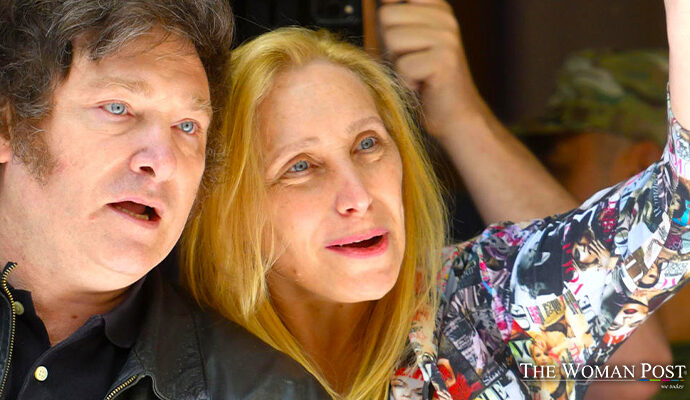
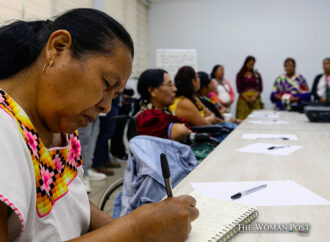
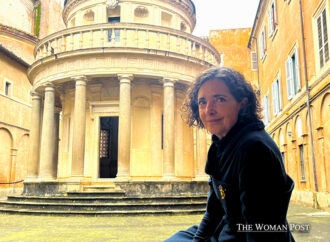

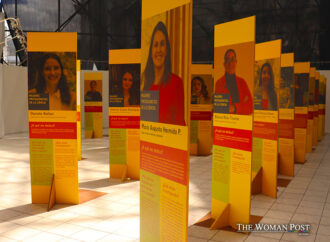
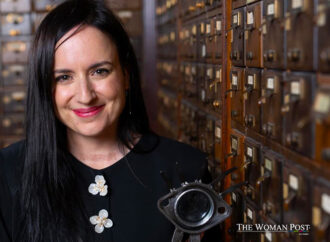





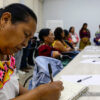






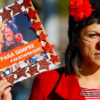



Leave a Comment
Your email address will not be published. Required fields are marked with *